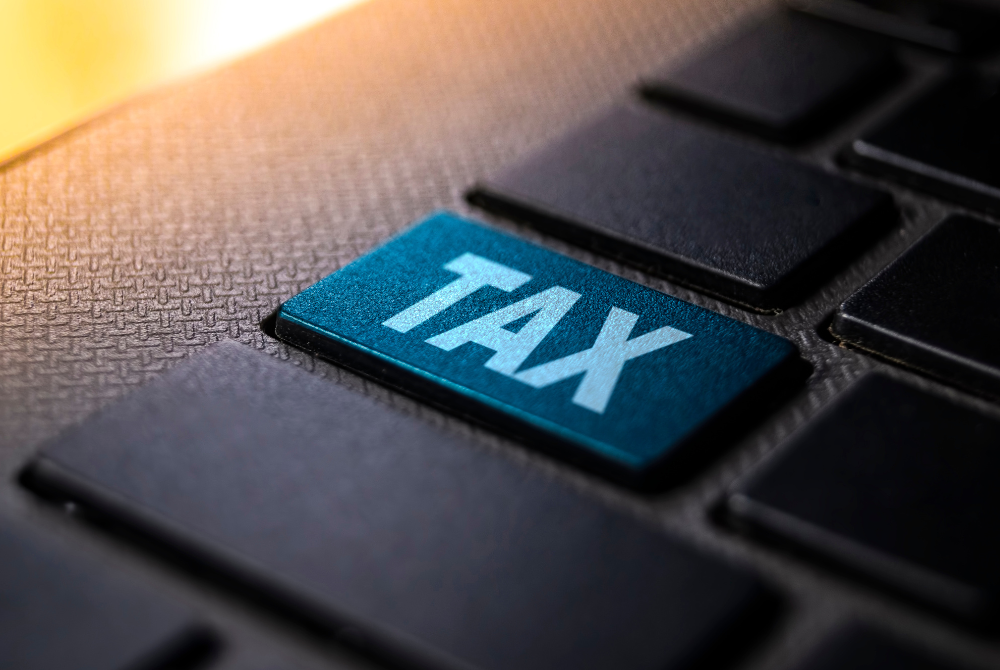Indonesia cancels value-added tax hike on basic goods
Under the new policy, established under a regulation passed by former President Joko Widodo and enacted by current President Prabowo Subianto, the VAT rate has been raised to 12 per cent, up from the 11 per cent rate that has been in effect since 2022.

JAKARTA - Indonesia began 2025 with an increase in the value-added tax (VAT) on luxury goods and services in a bid to boost state revenues to support development projects in the Southeast Asian country, reported Xinhua.
In a sharp contrast to the previously announced plan, basic goods are exempt from the VAT hike.
Under the new policy, established under a regulation passed by former President Joko Widodo and enacted by current President Prabowo Subianto, the VAT rate has been raised to 12 per cent, up from the 11 per cent rate that has been in effect since 2022.
President Prabowo announced that the VAT hike would apply solely to luxury goods and services. The categories affected include private jets, cruise ships, yachts, and luxury homes.
"For goods and services used by the general public, VAT remains exempt, applied at a 0-per cent rate. These include basic necessities such as rice, meat, fish, eggs, vegetables, fresh milk, educational services, health services, public transportation, non-luxurious housing, and drinking water," said Prabowo.
The announcement came as a surprising move from the Indonesian government, which had previously intended to impose a tax hike on all goods and services, regardless of their value, with the exception of essential items like rice, sugar, and eggs. The previous plan sparked nationwide criticism over concerns that the policy would diminish the purchasing power of the people.
"This tax policy is designed to prioritise the interests of the people and create comprehensive economic equity, ensuring that there will not be any significant impact on their purchasing power," Prabowo said.
Experts have stated that the VAT increase applied only to luxury goods and services would be a "fair decision." This approach is expected not to impact the middle and lower classes while still generating substantial revenue for the country. The funds raised will be allocated for infrastructure development, enhancing human resource capacity, and most importantly, achieving the target of an 8-per cent economic growth.
"The cancellation of the 12 per cent VAT implementation to general goods is generally commendable amid the low purchasing power of the people, massive layoffs in labor-intensive industries, and deflation. Indeed, countries with high economic growth targets generally implement fiscal expansion by cutting taxes, rather than increasing them," said Krisna Gupta, a senior economist from the Jakarta-based Center for Indonesian Policy Studies.
Statistics Indonesia recorded that the inflation rate slumped to 1.57 per cent year-on-year in December 2024, the lowest in the country's history. According to Bhima Yudhistira, the director of the Centre of Economics and Law Studies, the lowest inflation reflected the weakening in people's purchasing power.
Arsjad Rasjid, chairman of the Indonesian Chamber of Commerce and Industry, noted that applying the VAT hike only to luxury goods and services would help domestic industries remain competitive while fostering sustained and inclusive economic growth, particularly in the retail sector.
"It is a strategic step that will help maintain the purchasing power stability of middle-class society," he said.
Indonesia's tax authority said the cancellation would make Indonesia lose a potential tax revenue of 75 trillion rupiahs (US$4.6 billion).
However, Suryo Utomo, director general of taxes from the Ministry of Finance, said on Thursday that the government would optimise other sources of revenue to compensate for the shortfall. - BERNAMA-XINHUA









